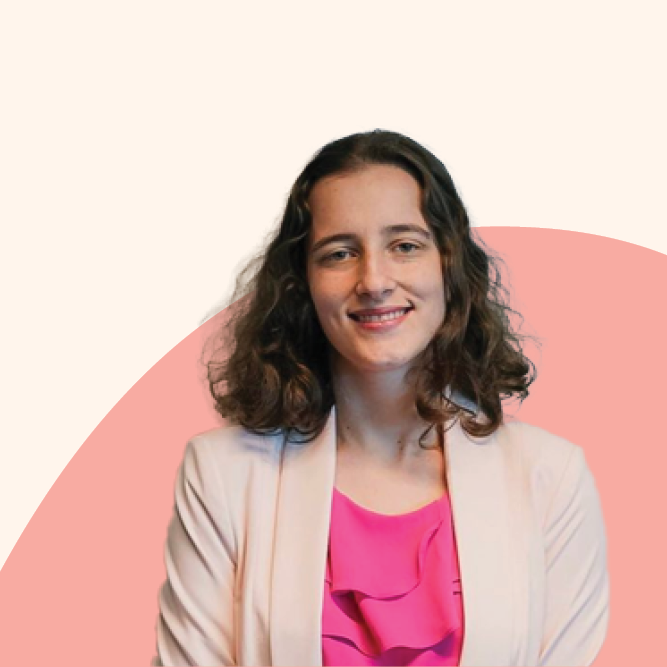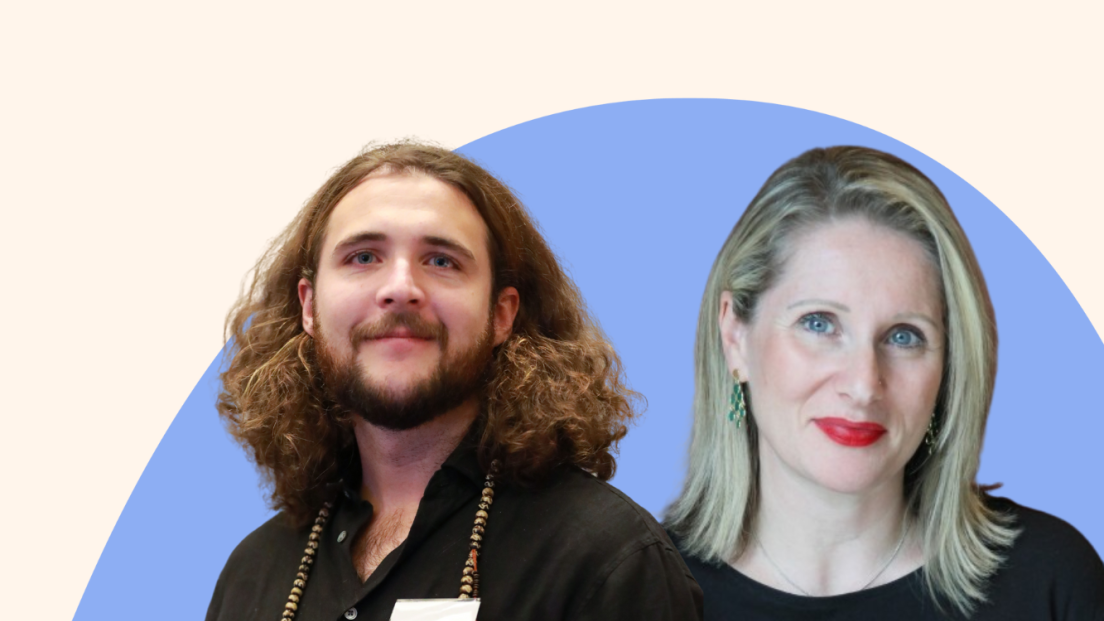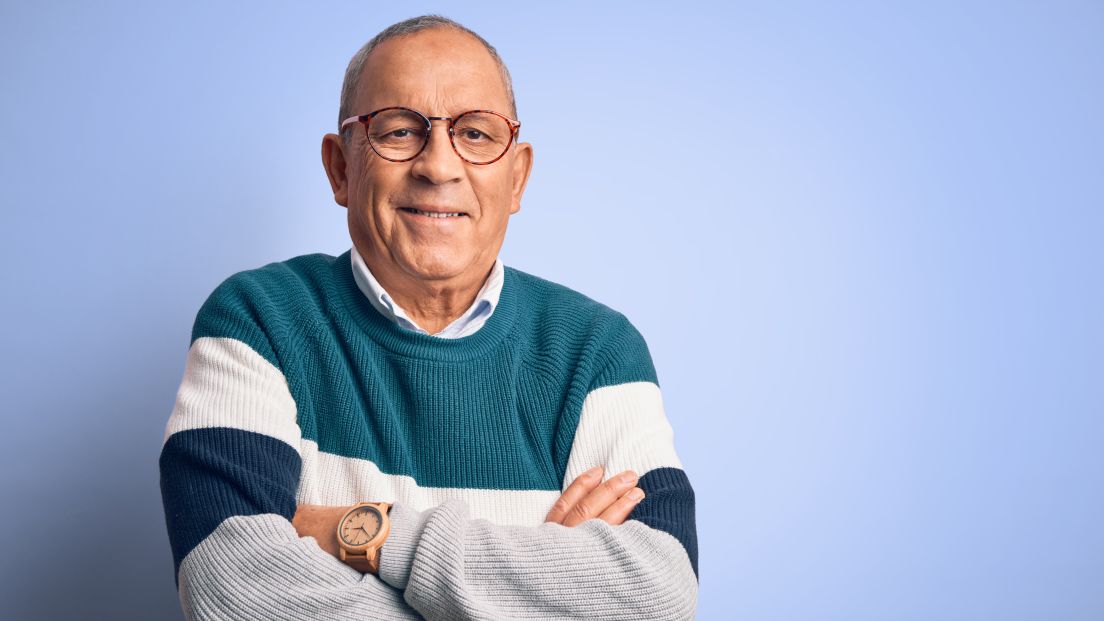The following is an excerpt from “My Balkan Heart: A Voyage Beyond Culture, History and Empowerment”, a book written by Mirjana Gilgorevic and shared with her permission. Her book provides information about her travels, plus tips for people with physical and intellectual disabilities.
“Welcome into the world” is the most common phrase for many newborns and the time of biggest joy for most parents.
My entry into the world eight weeks prematurely and adaptation during the first few stages of life were very unpleasant in war-torn Bosnia. Surrounded by the noise of dropping bombs, I guess I was a little soldier from the start. My parents frolicked through a war zone with every visit to the hospital. After six weeks in an incubator I was released, so my parents thought my medical issues were finished and took me home. Just when the war started to settle down, my parents received the dreadful news about my Cerebral Palsy diagnosis.
Like many parents would in that case, they asked themselves, “Why to my child?” I was only a baby then, so only time and growth could reveal the full severity of my condition.
We lived in a small city on the border of Bosnia and Croatia where everyone knew each other. The community gathering area was directly outside our building, and with no awareness for people with a disability, I stood out for all the wrong reasons. To prevent my affected muscles from getting worse, I had to do a certain set of exercises every day, which I didn’t enjoy. My parents were very strict and made sure I never skipped my daily homework. Even with a very mild physical disability, I had to undergo electro-galvanisation therapy followed by an application of hot smelly towels on my leg every few days.
Immigrating to Australia in 2002, we were amongst the last families in line to leave the country due to the war. While it was a big relief for my parents, there were new challenges ahead for us all. In Grade 3, I was 8 years old and wore a prosthetic brace to soften my leg muscles. The brace wasn’t very soft though and sometimes caused me pain and woke me up at night. Apart from the fact I couldn’t talk or understand the language, I was known by the whole school as ‘the girl with the plastic leg.’
I was a typical loner who had no friends at school and knew that more was out of place with me than just how I walked. Sitting alone and watching other kids go down the slide at playtimes while knowing I couldn’t get up and over the last step made me feel like I missed out. I was also bullied, and because of this I changed schools many times.
Autism Diagnosis
Little did my parents know that Cerebral Palsy wasn’t all there was to me. Halfway through high school, it became official that I have autism too. Girls on the spectrum are much harder to diagnose than boys, but I passed the assessment with flying colours. Like most people on the autism spectrum, I had my special interests, topics of passion, and liked gaining knowledge.
As a teenager, I had a big passion for tennis and got to compete with kids of higher abilities. I dreamed of competing in the Paralympics but couldn’t access the right resources. I also had major depression, OCD and an anxiety disorder. When everything caught up to me, I dropped tennis altogether.
While I had high stress and anxiety levels, I also had an intellectual capacity for some subjects, like most average and even some above average students would. However, most of my teachers overlooked this and focused on how my anxiety would affect me and other students. They kept pushing me down to a special class at every chance, although I wanted to go to university. I scored the highest on my English exam in Year 8, but was still switched to a ‘special’ English class in Year 10.
I was probably the least popular girl in my high school too – mostly I sat by myself, and was left out of group work. I got bullied by the guy I used to like, and I missed out on a lot of experiences many other people got, such as birthday parties, going out with guys, night clubbing, the school formal and being a debutante. On the last day of high school, every VCAL student got a card that said: “Congratulations on surviving 17 years of school” — except me.
Discovering my passion for travelling
I discovered my passion for travel at 18. So, after finishing VCAL, I enrolled in Certificate IV in Tourism at TAFE. There, I learnt the harsh reality that some people’s minds never open with age. I struggled with older students in class who didn’t want to look at things from a different point of view. The classmates bullied me and treated me poorly.
Furthermore, the teacher didn't understand autism or how my mind worked. The teacher said I ‘couldn’t deal with business pressures’ and didn’t meet the requirements for working in a travel agency. They almost refused to let me take the class over when I didn't pass, until an experienced disability support coordinator stepped in and discussed accommodations. The second year of the course there were improvements on how I was treated, but unfortunately I didn't pass one of the compulsory units.
With both physical and cognitive conditions, I felt like one or the other always got in the way of my career path, but I didn't give up on my passion for travel. If you listen to people who don’t see your potential, you’ll never get anywhere. Success and opportunity also depend on the type of people you come across. After TAFE, I met a woman who had worked with someone on the spectrum before. She understood me and offered work experience in her travel agency.
In 2018, at age 23, I travelled solo through most of the Balkan countries. As my parents saw how passionate and independent I had become, they finally let me go free. It probably helped that I was going somewhere I could speak the language and knew the culture.
A friend of mine who had severe depression travelled solo to the other side of the world. She became my idol and inspiration. I said to myself, “If she can do it, I can too.” Wings of encouragement get us much further than most people think.
In every country I visited, I felt the oneness between us despite the war that once separated us. My connection with my heritage remains. I’m trying to raise awareness about the lesser-known challenges still affecting the Balkans, things I witnessed during my travels.
Wanderlust doesn’t discriminate! It felt right to start my journey in my homeland. My parents put their heart and soul into building a life in Australia, but your connection to your origin doesn’t fade when you’ve immigrated because of war.
Your first solo trip can be daunting, but going to a country where you understand the language and culture makes it easier. The moment I said goodbye to Dad and entered the ‘passenger only’ zone at Melbourne Airport was a turning point.
Being high up in the air, with no turning back, was out of my comfort zone — but not as scary as some might think.
Travel is a factor in living life to the fullest for me. That’s why I wrote this book: to inspire others. This book is dedicated to people with disability who have a passion for travel, as well as anyone who loves exploring the Balkans. Whatever your circumstances, I hope my story helps set you on your own path to fulfillment and potential.




